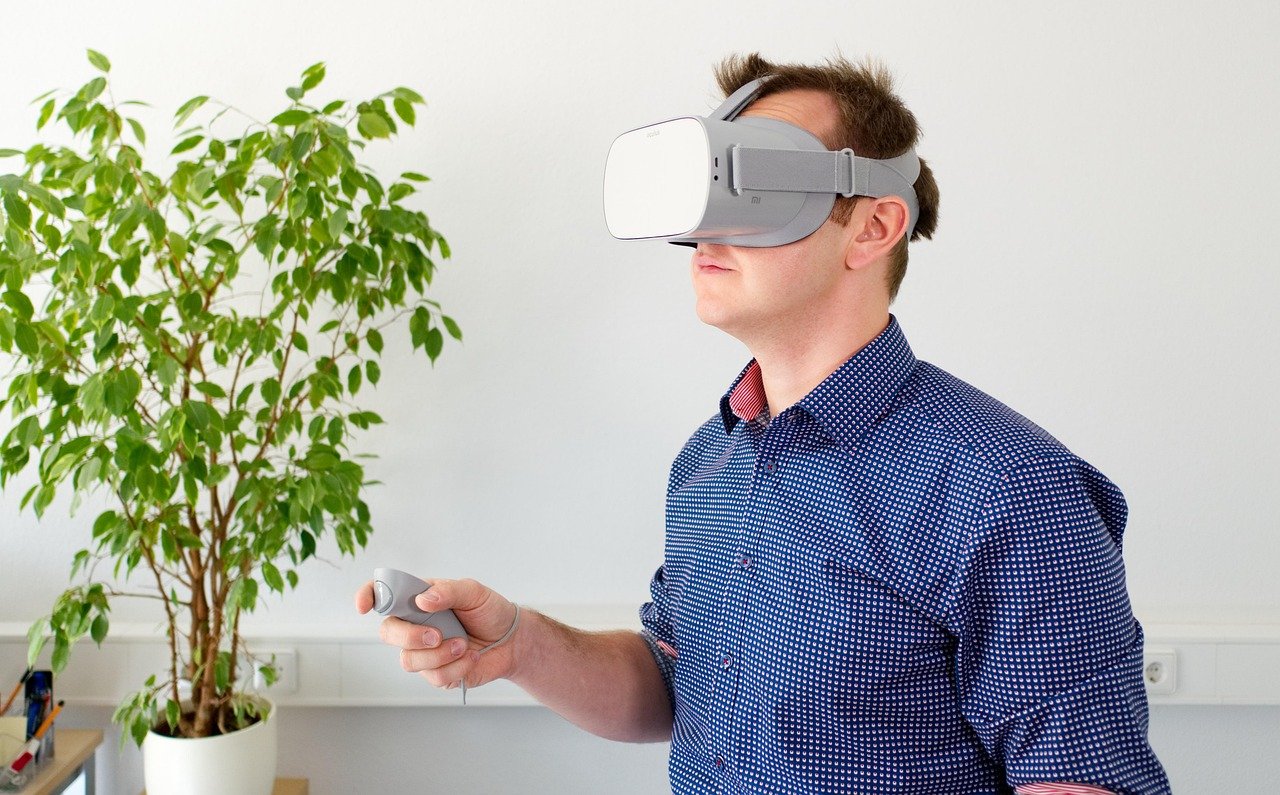Article:
Virtual Reality has played a major role in the way we approach mental wellness and cognitive training. Virtual Reality is a powerful platform to practice attention control, emotional regulation, and relaxation techniques in a highly engaging manner. By engaging users in interactive environments it can work wonders for individuals to manage their stress to a certain level. This blog explores how VR-based attention training is not only helpful in reducing stress but also in enhancing focus and resilience, enabling individuals to perform better in both personal and professional settings.
The use of immersive digital environments to enhance concentration, attention, and executive functions is what virtual Reality (VR)-based attention training consists of. VR provides a fulfilling and engaging experience where visual, auditory, and sometimes kinesthetic cues simulate real-world or imagined viewpoints. This increased sense of presence makes it reasonable easier for individuals to practice sustained attention and exclude unrelated thoughts.
VR attention training ideally places users in guided environments where the users need to focus on specific tasks. These can be engaging in mindfulness-based simulations, following moving objects or solving puzzles while ignoring distractions. The controlled settings allow the brain to frequently practice selective attention. This helps build resilience and persistence against overstimulation.
The factor to stress reduction mainly lies in the brain’s response to focused attention.
Participating in these exercises can be helpful and effective for individuals. There is a shift in their state of mind. From being at a heightened stress they move towards being more calm and composed. Consistent training also helps lower cortisol levels, decrease anxiety, and promotes emotional balance.
VR-based attention training proves to be a practical and innovative tool for managing stress. This improves individual’s ability to filter distractions and stay present.
The effectiveness of Virtual Reality in stress reduction mostly relies on its ability to engage cognitive and physiological mechanisms.
For cognitive mechanism, VR activates brain regions which are linked to attention and executive functioning, more like the management system of the brain. By immersing users in distraction-free environments, VR strengthens selective attention and helps retrain the brain to stay present, reducing the cycle of stress-inducing thoughts.
VR-based attention training can bring out a relaxation response pertaining to the physiologically factor. Immersive experiences have shown outputs such as lower heart rate, reduce cortisol levels, and improve balance of the autonomic nervous system. This switch from a “fight-or-flight” state to a calmer state helps the body to recover from the at times adverse physiological effects of stress.
A growing body of research have backed these benefits. Multiple research on VR mindfulness and attention-based involvement have showcased significant reductions in stress, anxiety, and emotional exhaustion, alongside improvements in focus, attention, perseverance and resilience. Healthcare workers and students, for instance using VR mindfulness tools reported to have much better concentration and emotional regulation compared to the traditional methods. These findings have proven that VR is a powerful and evidence-based tool that can be used to train the mind and body toward calmness and focus in this day’s high-stress world.
Virtual Reality-based attention training can be smoothly incorporated into different aspects of one’s life. It is also crucial to implement it in one’ workplace. In workplaces, VR modules are being adopted in corporate wellness programs to help employees cope with stress, and have a better work-life balance. It also improves focus, and prevent burnout.
For educational institutions, VR tools can be a helpful tool for students to cope with anxiety during examinations, enhance concentration, and building resilience during high-pressure periods. In the home environment, VR applications are making daily stress management quite accessible. This allows individuals to practice mindfulness sessions.
For an effective outcome, experienced trainers and practitioners recommend to start with sessions which are not too long. They also recommend individuals to be consistent with these sessions. This will help gradually extend the duration as comfort builds. With a combination of traditional practices such meditation, breathing exercises, or journaling, VR attention training can become a powerful tool for holistic stress management.
While VR-based attention training looks quite promising it does come with challenges as well. The cost of VR headsets and specialized software is not affordable by all hence it has limited accessibility. It may be cause visual discomfort for certain users, requiring careful monitoring and adjustments. A major concern is data privacy. The information collected by VR platforms must be stored and managed responsibly. Without proper training and knowledge of the usability individuals and organizations must avoid its use. Considerations these factors can be effective for a safe and long-term adoption.
The future of VR-based stress reduction is positively bright.
With the integration of Artificial Intelligence (AI), VR systems will be able to deliver personalized attention training that adapts in real time to an individual needs and stress levels.
Hybrid wellness models are also surfacing. It is a combination of VR, meditation, and biofeedback to create a more detailed approach to mental well-being.
As technology becomes more affordable, corporate sectors, healthcare sectors, and educational institutions are likely to adopt VR-based solutions. Going further, VR attention training is ready to transform how people manage stress and maintain mental wellness.
Virtual Reality-Based Attention Training for Stress Reduction offers an engaging, and evidence-driven method to reduce stress while improving focus. By integrating this technology into one’s daily life, individuals can build resilience and improve overall mental health. Being consistent and combining VR with traditional mindfulness practices ensures substantial benefits. As VR technology continues to evolve, it will definitely play a crucial role in forming the future of personal well-being, workplace productivity, and educational success. Exploring these tools today may be the first step toward a calmer, and focused tomorrow.


